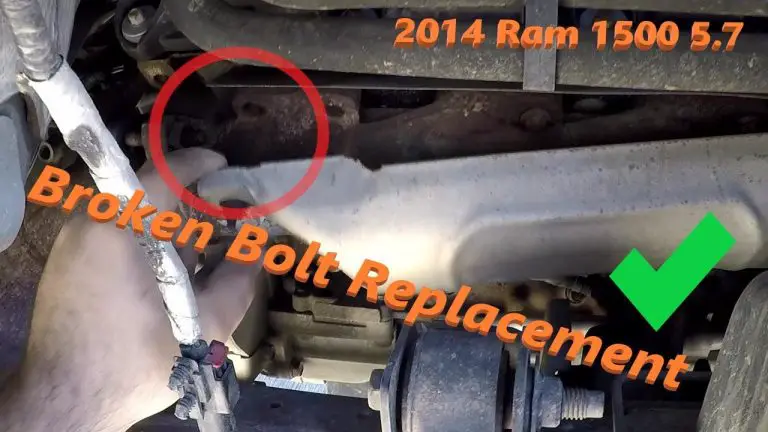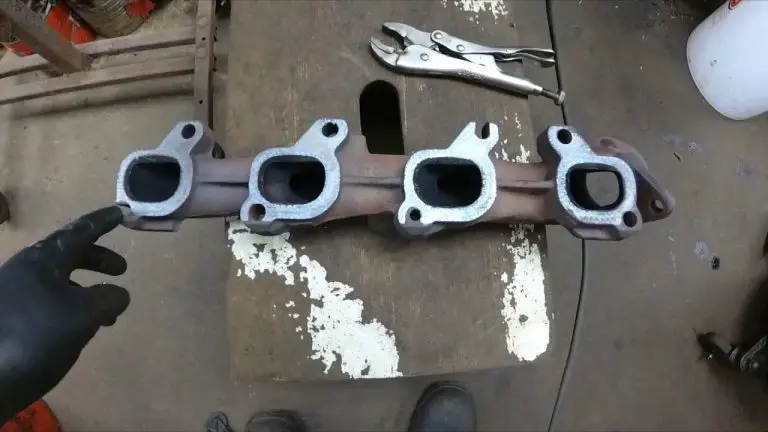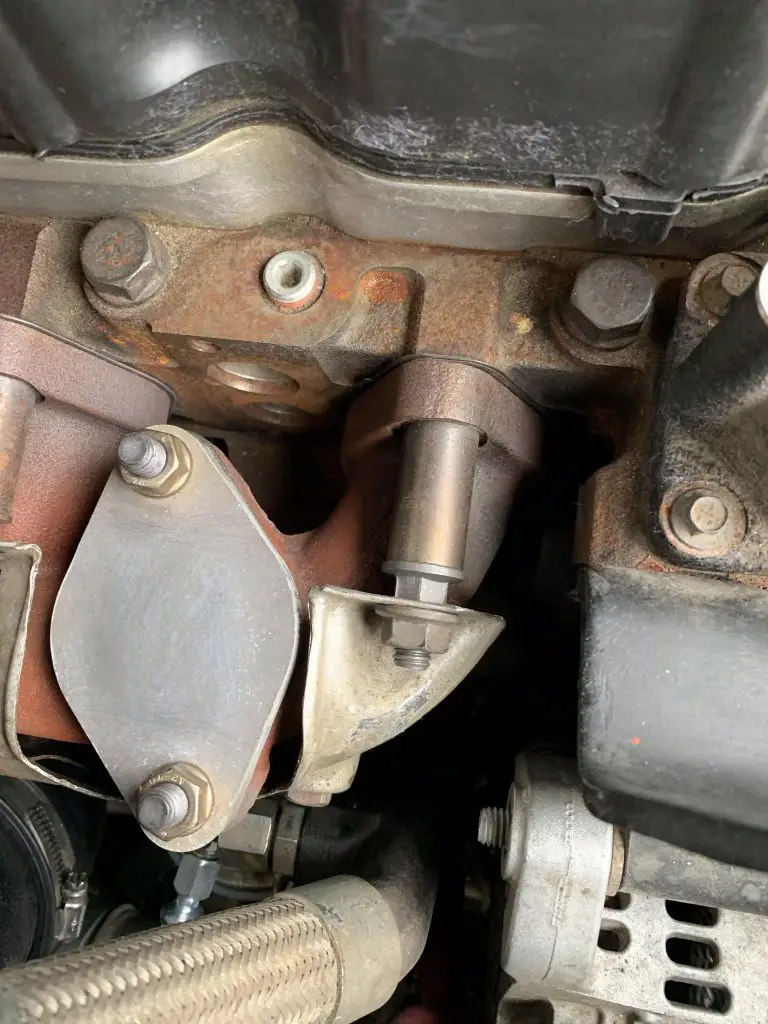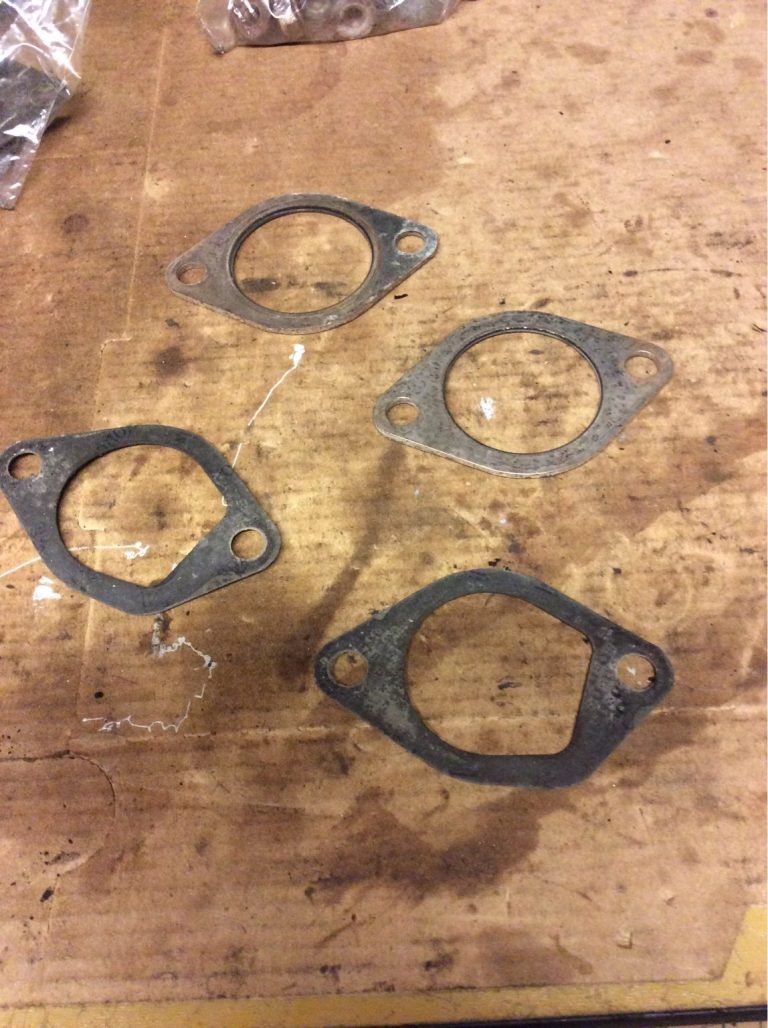The Crucial Power of Heat Shields in Exhaust System Maintenance
Heat shields play a crucial role in maintaining the exhaust system by protecting nearby components from excessive heat, thus preventing damage and ensuring proper functioning. These shields act as barriers, absorbing and dissipating heat, reducing the risk of heat-related issues and extending the lifespan of the exhaust system.
In addition to shielding adjacent parts, they also contribute to reducing noise and vibration in the vehicle. Therefore, regular inspection and maintenance of heat shields are essential to ensure optimal performance and longevity of the exhaust system. By keeping these shields in good condition, car owners can prevent costly repairs and enjoy smooth, efficient driving experiences.

Credit: vfauto.com
1. Understanding The Role Of Heat Shields
Understanding the role of heat shields is essential for proper exhaust system maintenance. Heat shields are designed to protect various components of the vehicle from excessive heat generated by the exhaust system. These shields act as a barrier, preventing heat from reaching sensitive parts such as the fuel lines, electrical systems, and other nearby components.
By effectively managing the heat, these shields ensure the longevity and performance of these vital elements. Heat management plays a crucial role in vehicle maintenance as excessive heat can lead to premature deterioration, corrosion, and even failure of crucial components.
Regular inspection and maintenance of heat shields are necessary to identify any damage or wear and tear. By keeping the heat contained and regulated, heat shields contribute to the overall efficiency and safety of the vehicle’s exhaust system. Understanding their purpose and taking necessary precautions are important steps in maintaining a well-functioning vehicle.
2. Common Types Of Heat Shields
Heat shields play a crucial role in maintaining the exhaust system. Two common types include metal heat shields and insulated heat shields. Metal heat shields are highly effective in protecting the surrounding components and reducing the transfer of heat. They are typically made of aluminum or stainless steel, providing durability and heat resistance.
Insulated heat shields, on the other hand, offer additional benefits such as thermal insulation and noise reduction. They are designed with multiple layers and insulation materials to minimize heat transmission and dampen noise vibrations. By using these heat shields, exhaust system maintenance becomes more efficient, as they protect sensitive components and prevent heat-related damages.
Moreover, they enhance overall performance by reducing heat soak and maintaining optimum temperature levels. Incorporating the right type of heat shield in your exhaust system is essential for long-term functionality and efficiency.
3. The Impact Of Heat Shields On Vehicle Performance
Heat shields play a vital role in maintaining the exhaust system of vehicles. When it comes to vehicle performance, their impact is significant. These shields improve the efficiency of the exhaust system by preventing heat damage to nearby components. They create a barrier that protects various parts from excessive heat exposure.
Without heat shields, critical components such as wiring, fuel lines, and other nearby elements could sustain damage from the intense heat generated by the exhaust system. By effectively redirecting and dispersing the heat, the shields ensure that the system operates at its optimal performance level.
Moreover, they also contribute to the overall longevity of the exhaust system by reducing the risk of heat-related wear and tear. Regular inspection and maintenance of heat shields are crucial for ensuring the smooth functioning and longevity of the vehicle’s exhaust system.
4. Signs Of Heat Shield Problems
Heat shields play a crucial role in maintaining exhaust systems. Specifically, let’s focus on the signs of heat shield problems. Visual indicators can help identify heat shield damage. Keep an eye out for common symptoms such as rattling noises or vibrations coming from the exhaust area.
Additionally, if you notice loose or sagging heat shields, it could be a sign of impending issues. Examine the shields for any visible fractures, cracks, or corrosion. These visual clues can help address heat shield problems before they escalate. By paying attention to these warning signs, you can ensure the proper functioning and longevity of your exhaust system.
Regular maintenance and prompt repair of heat shield issues are essential for both performance and safety.
5. Proper Heat Shield Maintenance And Repair
Proper heat shield maintenance is crucial for exhaust system longevity. Inspecting heat shields regularly helps identify any wear and tear. By replacing damaged or corroded heat shields promptly, you can prevent further issues. Neglecting heat shield maintenance could lead to heat-related damage, such as melted wires or plastic components in the surrounding area.
It’s important to prioritize heat shield inspection and repair to ensure the proper functioning of the exhaust system and avoid potential safety hazards. Regular maintenance will help extend the lifespan of your exhaust system and prevent costly repairs down the line.
Keep an eye out for any signs of damage to the heat shields and address them promptly to maintain the overall health and performance of your vehicle’s exhaust system.
Frequently Asked Questions On The Role Of Heat Shields In Exhaust System Maintenance
How Does A Heat Shield Protect The Exhaust System?
A heat shield acts as a barrier between the hot exhaust system components and other vehicle parts. It helps prevent heat transfer, reducing the risk of damage to nearby components and improving overall performance and longevity of the exhaust system.
Why Are Heat Shields Important For Exhaust System Maintenance?
Heat shields play a crucial role in exhaust system maintenance as they protect vulnerable components from heat-related damage. By preventing excess heat transfer, heat shields help to minimize the risk of cracks, corrosion, and other issues that can compromise the exhaust system’s functionality.
What Are The Common Signs Of A Damaged Heat Shield?
Signs of a damaged heat shield include rattling or buzzing noises coming from the exhaust system, unusual smells, or increased heat felt near the floorboard. Additionally, visible signs such as sagging or detached heat shields may indicate damage and require immediate attention for maintenance.
Can A Damaged Or Missing Heat Shield Affect The Vehicle’S Performance?
Yes, a damaged or missing heat shield can negatively impact a vehicle’s performance. Without proper heat insulation, nearby components could experience elevated temperatures, potential damage, or reduced efficiency. It’s crucial to address any heat shield issues promptly to maintain the optimal performance of the exhaust system.
How Often Should Heat Shields Be Checked For Maintenance?
Heat shields should be checked regularly as part of routine vehicle maintenance. It is recommended to inspect heat shields during oil changes or whenever the vehicle is lifted for other repairs. Ensuring the heat shields are intact and properly secured can help prevent potential exhaust system issues.
Conclusion
To summarize, the role of heat shields in exhaust system maintenance cannot be undermined. These vital components serve as a protective barrier, preventing excessive heat from damaging nearby components and ensuring the overall performance and longevity of your exhaust system.
By reducing the risk of heat-related issues such as melted wires, damaged hoses, and even engine fires, heat shields play a crucial role in enhancing safety on the road. Regular inspection and maintenance of these shields are essential to ensure they remain intact and functional.
Whether you’re a car enthusiast or a regular driver, understanding the significance of heat shields and taking proactive measures to maintain them will not only extend the life of your exhaust system but also bring you peace of mind while out on the road.
So, next time you think about exhaust system maintenance, don’t forget the important role that heat shields play in keeping your vehicle running smoothly and safely.




